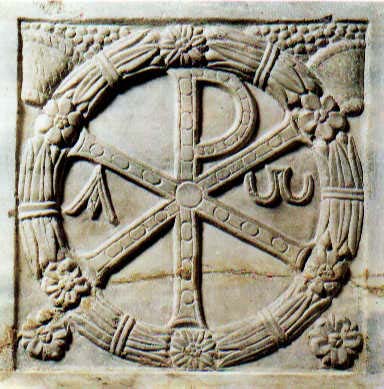I am a very opinionated guy. I try to hold this in check (sometimes) but do not always succeed, ok,ok….. so I probably rarely succeed. I’malso a college pastor. It’s my job toshare the good news of the gospel with, well pretty much everyone. I’m also a campus missionary, which means Iraise funds from people who believe in what I’m doing in order to support thework that I do, and that I need to communicate those happenings with them on aregular basis.
When you add all of that together you get a recipe for aconstant stream of religious content making its way onto my facebook profile.
Social networking is an interesting phenomenon. We now have these tools at hand to postcontent, which hundreds of people can see the very moment we press [ENTER]. And pretty much everyone is doing it. Opinions fly, poorly drafted diatribespersist, text speak abounds, and somewhere in the midst of all of that is acontinual stream of religious spam.
Amongst believers the facebook status has become thisgeneration’s equivalent of the Christian T-shirt. It is something akin to that happy smileeveryone puts on Sunday morning when they get to church.
This new platform, which isn’t really that new anymore,gives everyone the opportunity to suddenly broadcast their thoughts into theonline arena of public discourse. Butshould they? When does it cease to bemeaningful communication or thought provoking engagement; and become socialspam.
I use facebook constantly. The window to my feed is open for upwards of eight hours a day, andsometimes, much, much more. It justdepends on what I’m doing in my office on a given day. For me, and my work, it is a constantstreaming opportunity to communicate with those who are incredibly important tome. It is a chance to initiatemeaningful conversations, humorous exchanges, and opinionated arguments. However, more than anything else, it is achance to keep up with what’s going on in people’s lives.
The point to this, now too long, post is that I amtired. The constant attempts by mybrothers and sisters in Christ to one-up each other with the sheer epicness oftheir Jesus friendly broadcasts are exhausting. Truly, there are a few people who’s posts always hold relevance, insight,and encouragement; but honestly… a lot of it, most of it, I just skipover. I’ve already read my Bible thismorning, thanks. Or as one friend said,“anything that sounds like Lord of the Rings dialogue I can do without.”
I know. I'm really not one to be pointing any fingers. I'm as bad about this as anyone. Worse even, probably; but I do try to at least weigh the worth of what I have to say. This is certainly an area where all of us of the faith couldlearn, and apply, the old saying, “Less is More.”







